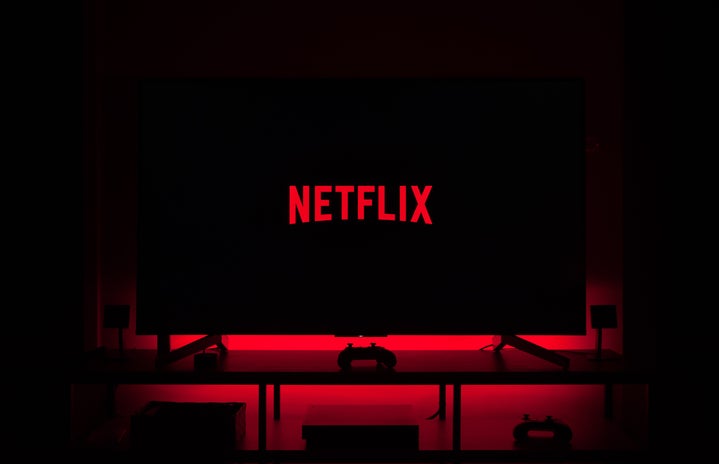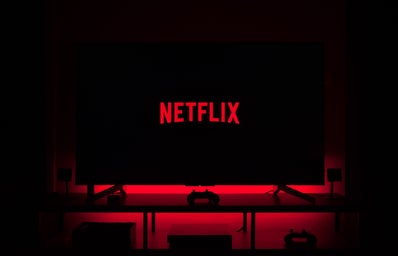**Spoiler Alert: Read-only if you have watched the new season of “The Good Place.”
Of all the TV shows to binge on Netflix, “The Good Place” brings something new to the standard 20-minute comedy genre. Its hilarious main cast keeps you laughing throughout every existential crisis, and the writers manage to incorporate complicated philosophical theories in an easily understandable way for the audience. The first season was released in September 2016, and with three episodes of the fourth season already released, “The Good Place” is a must-watch show.
Photo from @nbcthegoodplace on Instagram
Season one follows Eleanor, Chidi, Tahani, and Jason as they try to become better people in the afterlife. All of the characters have faults that condemn them to the Bad Place, but Chidi, a moral philosophy professor, attempts to teach the group different theories of morals and ethics to help everyone improve their afterlife standings.
Usually, philosophy is a complicated subject to learn, especially in twenty minutes. But “The Good Place” covers topics like existentialism, free will, utilitarianism, and deontology, among many others. In season two, episode five, “The Trolley Problem,” the show addresses a well-known thought experiment called the Trolley Problem. The problem is explained like this: A runaway trolley is heading toward five people, unable to move, on the main track. You are standing next to a lever that could redirect the trolley to a side track and save the five people. However, there is one person, unable to move, on the sidetrack.
Do you a) do nothing and let the five people on the main track be killed or b) pull the lever and save the five people on the main track but kill the person on the side track?
Photo courtesy of Giphy
The problem emphasizes the debate between utilitarianism – actions are deemed good if they benefit the majority – and deontology – actions are deemed good under a certain set of rules that follow duty and obligation. “The Good Place” takes complicated philosophical theories like the Trolley Problem and simplifies them to add depth to the comedy. They even have a team of consultants to make sure the concepts that the show’s writers incorporate are accurate and easy to understand.
NBC also released a mini-series before the start of season four titled “The Selection.” It contains six two minute episodes about the Bad Place demons’ attempts to ruin Michael’s neighborhood experiment, which would prove that the good place/bad place point system is faulty. The episodes can be viewed on the NBC app.
Photo from @nbcthegoodplace on Instagram
“The Good Place” premiered its fourth and final season on September 26, which will wrap up the characters’ journeys in the Good Place, the Bad Place, the Medium Place, and Earth. The show’s end isn’t because NBC dropped the series, but because the creators decided way back in season two that this is where the story should end. Whether you’ve seen all, some, or none of it, “The Good Place” brings the perfect mix of comedy and heart to television that makes it worth the watch.



